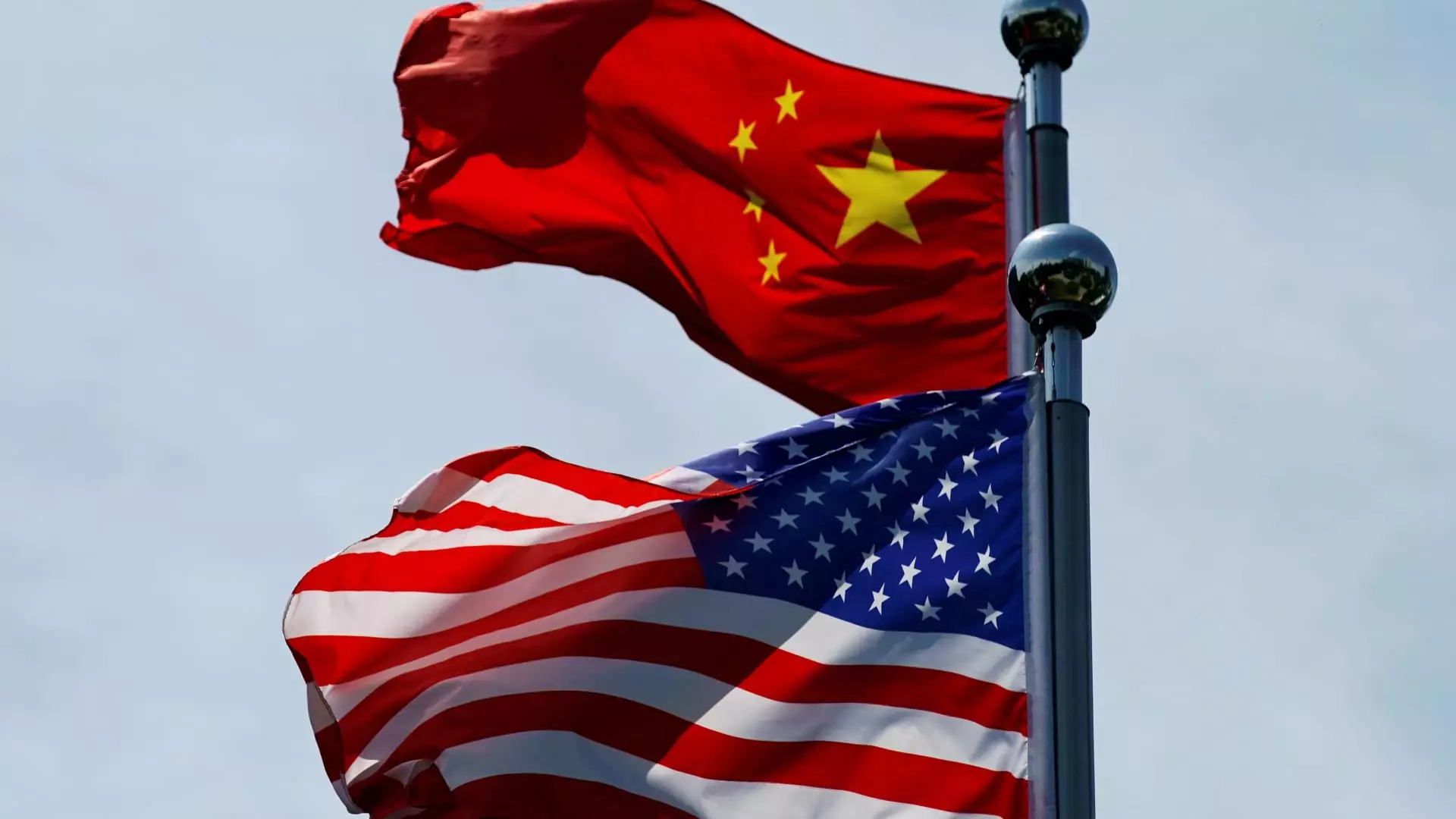In today’s rapidly evolving technological landscape, rare earth elements (REEs) serve as the backbone of many high-tech industries, including automotive, defense, and consumer electronics. As the world becomes increasingly reliant on these precious resources, the significance of their supply chain cannot be overstated. Unfortunately, this dependency has delivered a stunning blow to modern industry as geopolitical tensions escalate. The ongoing struggle between the United States and China over trade and export controls has thrown a wrench into the availability of these essential materials, creating a crisis that could spell disaster for several sectors this summer.
China’s Control and the Deterioration of Diplomatic Relations
China’s monopoly on rare earth production has reached alarming levels over the past two years as the country incrementally tightens its grip on exports. What started as market maneuvering has now transformed into strategic economic weaponization, as evidenced by the recent imposition of new export controls on seven crucial rare earth elements. While those in Washington hoped that the ongoing trade discussions would facilitate the rollback of these restrictions, the reality on the ground has been starkly different. Instead, a mere six-month export license granted to select U.S. companies illustrates not only the seriousness of the situation but also the fragile state of international relations.
President Trump, buoyed by a recent phone call with Chinese President Xi Jinping, may project optimism; however, the depth of the trade rift remains largely unacknowledged. The failure to mention rare earths during their conversation exposes a dangerous oversight that could have dire consequences for American companies reliant on these materials. The refusal to lift restrictions appears as a bluff rather than a genuine effort toward cooperation, effectively confirming that both nations continue to view each other as adversaries rather than partners.
The Impending Economic Catastrophe
The repercussions of China’s restrictions extend far beyond American shores and threaten to disrupt global supply chains. The European automotive sector is already experiencing the fallout, with major companies halting production due to dwindling access to critical minerals. If the trend continues, entire production lines could grind to a halt, inflicting significant economic damage not only in Europe but worldwide. According to industry reports, over 75% of affected businesses self-reported that their existing rare earth supplies would run dry in less than three months.
Such a dynamic underscores a dangerous paradox: as businesses scramble for resources, geopolitical squabbles threaten to tilt the economic balance more dramatically, with no clear resolution in sight. The fact that China selectively complies with export demands primarily from European firms while stalling American companies further demonstrates its use of rare earths as a leverage point. This exacerbation of the existing tensions paints a grim picture of a future where conflicts are not resolved but rather heightened by competition for essential resources.
License Approval: A Bureaucratic Nightmare
It’s worth noting that even the European Union, typically regarded as a stronghold of economic cooperation, finds itself hamstrung by China’s cumbersome export license approval process. Many businesses report a lack of transparency and efficiency that hinders their operational capabilities, deepening their struggle to maintain production schedules. This bureaucratic floundering adds a layer of complexity to an already precarious situation, as companies grapple with external pressures while minimizing internal inefficiencies.
Chinese officials may argue that export controls align with universal practices, but this justification rings hollow in the face of global imperatives for cooperation. As the Western world faces the specter of operational shutdowns, the rhetoric of equitable trade dissipates against the stark reality of a monopolistic system that favors one nation over the rest.
Coping with the Crisis: A Call for Innovation and Self-Sufficiency
Rather than bending to the whims of geopolitical tension, the U.S. must re-evaluate its stance on rare earth procurement. The crisis serves as a wake-up call for both public and private sectors to invest in research and strategies that reduce vulnerabilities inherent in the current supply chain. Alternatives exist, whether through recycling existing materials or investing in domestic mining initiatives.
Moreover, countries can no longer afford to maintain the status quo; they must urgently work toward the establishment of a diversified supply base to alleviate the risks posed by a single proponent. Innovation in the recycling of existing rare earth materials could prove a game changer and enhance self-sufficiency. If the global community can rally behind these initiatives, it may mitigate the looming disaster and lead to a more balanced economic opportunity.
It is crucial that global actors take decisive action and protect their economies and societies from the peril of rare earth dependency. The time to act is now; otherwise, the consequences could reverberate through industries and economies worldwide for years to come.

